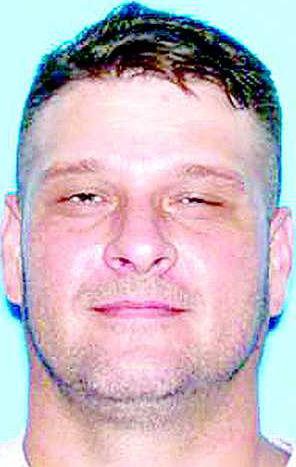Attorneys for Adam Longoria want to ensure that jurors at his trial refrain from posting information on Facebook and other social media. They also want to keep jurors away from cell phones and other electronic devices to prevent texting, Tweeting and Googling.
Last week, attorneys Tim Frieden and Jeffrey Wicks from the Kansas Death Penalty Defense Unit filed new motions of behalf of Longoria, 37, who is charged with murdering Great Bend teenager Alicia DeBolt on Aug. 21, 2010. Although the Kansas Attorney General’s Office announced it will no longer seek the death penalty if Longoria is convicted, he is still charged with capital murder, which carries a life sentence.
One motion asks for District Judge Hannelore Kitts to instate a court policy on juror usage of electronic devices. Articles from Reuters, The New York Times and other newspapers, as well as a report from the American Bar Association, cite instances where jurors used smartphones or other electronic devices to do their own online research on cases — a so-called "Google mistrial." In the past two years, a growing number of trials have reportedly been derailed as jurors looked up definitions on websites such as Wikipedia, blogged about their jury duty, sought advice from friends or even contacted defendants on social network sites such as MySpace.
In the past, judges admonished jurors not to discuss the trial with others, read newspaper accounts, watch TV reports or listen to radio news about the cases before their conclusion. A juror’s personal research — such as consulting a dictionary for the definition of a legal term or visiting the crime scene — could result in a mistrial. Today, it’s possible to look at an address via websites such as GoogleEarth, or research terms on sites such as Wikipedia.
"This concern is not theoretical but has in fact already happened across this country," the motion states. It suggests jurors need to be told not to research the case on the Internet, discuss it on social media sites, or comment on it via texts. It also suggests jurors’ cell phones should be collected each day when they come to court, and they should not be released — even during breaks. If they need to call someone, it should be from a land line, the motion suggests.
Another motion filed by the defense asks the prosecution to reveal any street gang affiliation held by any witness.





